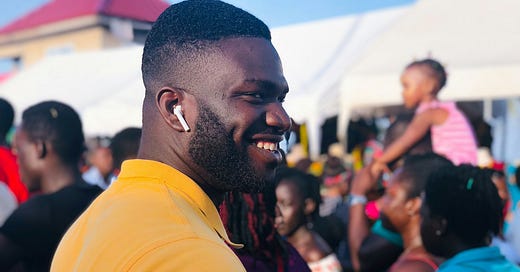Apple AirPods as hearing aids?
Quick Boost #16. Know anyone in your family who is hard of hearing and reluctant to use a hearing aid?
Apple has revealed that its popular AirPods Pro will soon be equipped with a hearing aid capacity for those with mild to moderate hearing loss. Set to launch in the U.S. this fall, this tech upgrade could further improve hearing health accessibility for tens of millions of Americans, and many more millions of people around the world. In addition, I beli…
Keep reading with a 7-day free trial
Subscribe to Examined to keep reading this post and get 7 days of free access to the full post archives.




